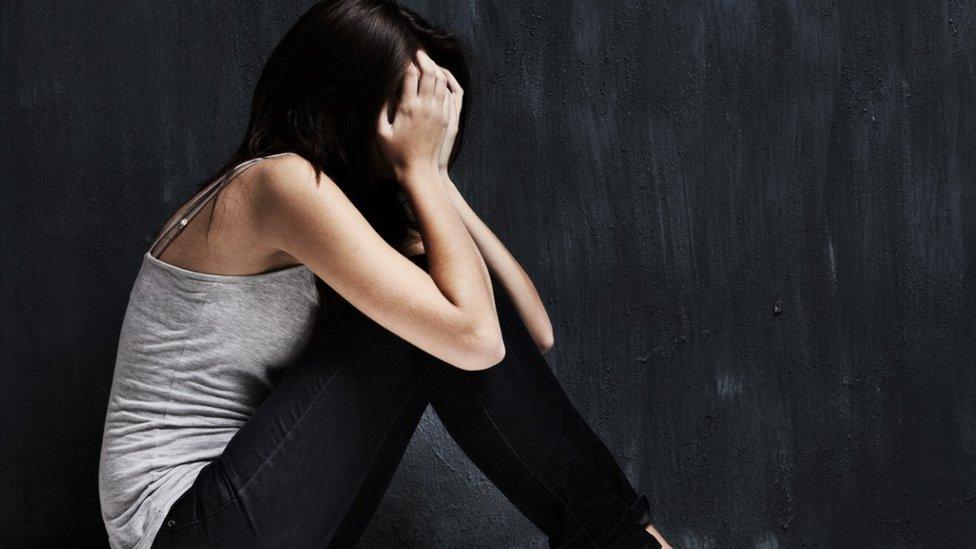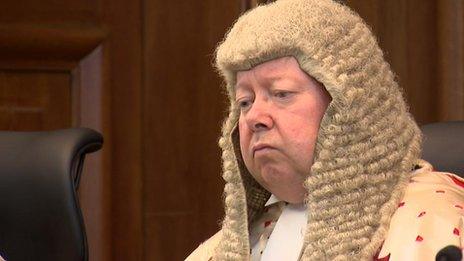Rape victims to inform Scottish justice research
- Published

Understanding what influences victims of rape and sexual assault to engage with the justice process is to be put at the centre of new research.
The Scottish Centre for Crime and Justice Research will also consider how the system can support victims to give evidence in the best way.
It comes after Scotland's most senior judge, Lord Carloway, said they should not have to appear live in court.
The project will identify changes needed to improve victims' confidence.
Justice Secretary Michael Matheson has been taking the views of survivors of rape and sexual attacks.
He announced the Scottish government-funded project ahead of a meeting with Rape Crisis Scotland.
'Daunting experience'
He said: "Listening to the views of survivors of rape and sexual assault is so important and I am humbled by the courage of those who are prepared to speak out where the system is not delivering for their needs.
"Going through the justice process can be a daunting experience and I am determined that we do more so that all stages are victim-centred and trauma-informed.
"This research will help identify examples of best practice and the changes needed to improve victim-survivor confidence in the system, and ensure it balances responding to the needs of the very vulnerable with the rights of the accused."
Lead researcher Dr Oona Brooks-Hay, from the Scottish Centre for Crime and Justice Research at Glasgow University, said: "This research will be an important opportunity to speak directly to victim-survivors of rape and sexual assault about their lived experiences from the beginning to the end of the criminal justice process.
"Only those who have been through this process can tell us what it really feels like and what matters to them. We know from our earlier research about the role of Rape Crisis Advocacy Workers that a number of challenges remain in what can often be a difficult and lengthy process.
"Developing an in-depth understanding of victim-survivors needs, expectations and experiences as they progress through their own 'justice journey' is crucial to improving their encounters with the criminal justice system and the evidence that they are able to provide."
Sandy Brindley, chief executive of Rape Crisis Scotland, said: "We need to hear directly from rape survivors about their experience of the justice process, good and bad, if we are to improve how we support them throughout the process.
"This research will play an important role in helping us consider how to secure better evidence, and any steps that can be taken to reduce any avoidable distress or trauma."
- Published12 March 2018

- Published27 February 2018

- Published7 August 2015
